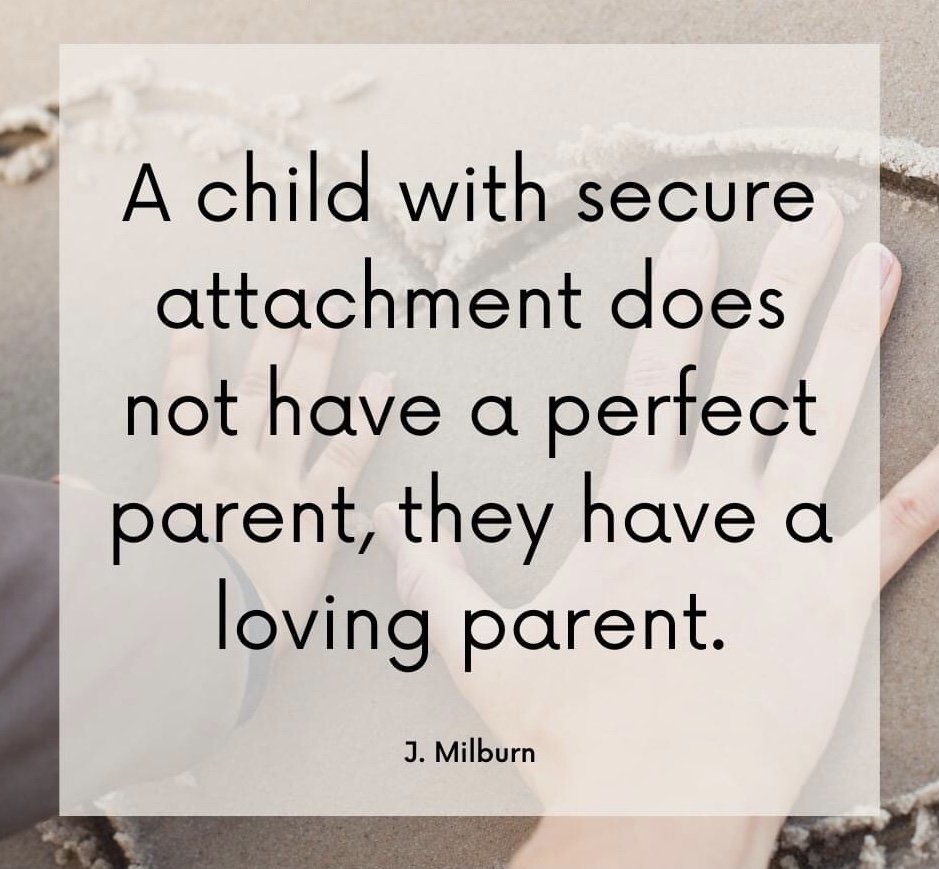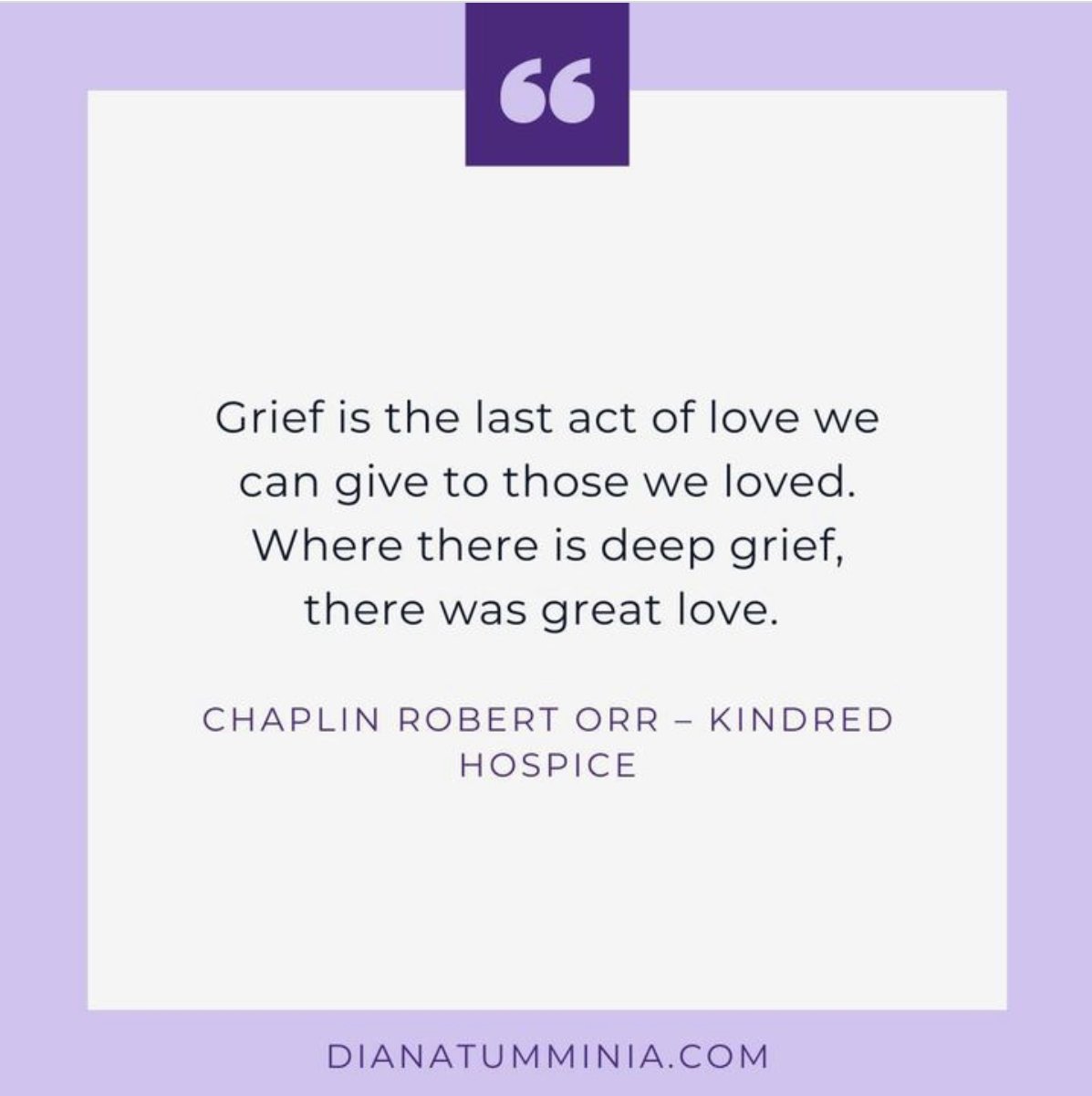The Circle of Wellness Newsletter 8/24
Mood Disorders, Explained
What Is Mood?
Your mood is your general emotional state at any given time. In contrast to emotions, which are short-lived responses to a specific situation, mood is a more general feeling that doesn’t always have a defined trigger. Whereas emotions can also be extreme, such as elation or anger, moods tend to be less intense, such as contentedness or irritability. In addition, moods tend to last longer than simple emotions. For example, your content mood for the day may be interrupted by the irritability and pain of stubbing your toe, but you’ll most likely return to your content mood once that particular emotion has subsided.
What Are Mood Swings?
Mood swings are sudden, often intense shifts in mood, typically from positive to negative or but could also be vice versa. Most people experience mood swings from time to time. They can be brought on by external circumstances, such as stress, lack of sleep, hormones, hunger, medications, and more. However, if your mood swings are frequent, severe, and/or interfering with your ability to function, they may indicate a mood disorder.
What Is a Mood Disorder?
Mood disorders are mental illnesses that affect your typical emotional state. Everyone experiences distressing moods from time to time, but people with mood disorders experience distressing or extreme moods as a baseline. Their feelings are often out of sync with their environment and circumstances.
Two Major Types of Mood Disorders
Mental Health professionals categorize most mood disorders into two categories: depression and bipolar disorder. Specific mood disorders in each category may share common symptoms, but they require their own individual diagnosis and treatment interventions.
Depression
Depression is characterized by feelings of sadness, loneliness, emptiness, and hopelessness. More than just feeling sad, depression is a medical condition that negatively and directly interferes with your daily life.
Bipolar Disorder
Bipolar disorder is characterized by extreme shifts in mood and energy. People with bipolar disorder swing from mania or hypomania (“high highs”) to depression (“low lows”)?
What Causes Mood Disorders?
There is no single, specific cause for mood disorders. However, there are multiple risk factors that may increase your likelihood of developing a mood disorder, including:
Genetics: If someone in your family has depression or bipolar disorder, you may be more likely to develop a mood disorder.
Biochemistry: Brain structure and the balance of chemicals in the brain may increase a person’s risk for mood disorders.
Trauma: Experiencing significant trauma at any age, but especially in childhood, can increase your risk for multiple mental health disorders, including mood disorders.
Illness: Dealing with acute or chronic illness, pain, or physical disability may increase your risk for depression.
Medications: Certain medications may have depression or extreme mood swings listed as potential side effects.
Addiction: Substance abuse is a significant risk factor for substance-induced mood disorder as well as major depression.
Mood Disorders Treatment
Not all mood disorders can be cured, but they can be treated effectively. People with mood disorders often see improvement while working with a skilled therapist, and some individuals may also require psychotropic medications.
Get Help Now
Whether you’re struggling with depression, bipolar disorder, or another type of mental illness, it’s important to remember that you are not alone. Help is available now. Please seek assistance from a psychiatrist and/or a psychotherapist.
If you are in crisis, call, text, or chat with one of the following hotlines:
988 Suicide & Crisis Lifeline: 988 or 1-800-273-TALK (8255)
Crisis Text Line: Text HOME to 741741
For the past couple months, I’ve been working with a great web designer to completely revamp my website to better highlight my professional specialties and bring more information about me as a seasoned therapist. Please check out my new website www.dianatumminia.com and read more about each of my therapeutic niche when you click on Services page drop-down menu.
I’m currently accepting new clients for Psychotherapy and MARI sessions. All current clients receive 20 % discount for MARI services, and newsletter subscribers receive 10 % discount as new clients.
Parental love, emotional safety and support, as well as a nurturing environment are the conditions that shape a child into a secure and confident adult.
Psychotherapy sessions with caregivers may help prevent serious disease later in life for young children who have experienced significant trauma, a new UC San Francisco study finds.
Past research has shown that young children benefit psychologically for up to nine years after dyadic, child-parent treatment for trauma, but this is the first time a biological benefit from this treatment has been found.
Read more about this innovative study here.
Discover how an understanding of adult attachment—the most advanced relationship science in existence today—can help us find and sustain love.
“Attached” by Amir Levine and Rachel Heller guides readers in determining what attachment style they and their mate (or potential mate) follow, offering a road map for building stronger, more fulfilling connections with the people they love.
Get this helpful book here.
August 30 is National Grief Awareness Day. Grief and Loss psychotherapy is one of my specialties. I started my career in oncology and palliative care, providing mental health services to patients with a life-limiting or terminal illness, their caregivers and offering bereavement services to the families of the deceased patients. Depression and mourning are normal grief reactions during the bereavement period that don’t have a specific end date as each process is very individual. If anyone in your life is struggling with grief reactions, they may consider working with a qualified bereavement therapist.
AARP’s Grief and Loss website offers articles, discussions, resources, and tools for coping with grief and the loss of a loved one.
“Mental health revolves around brain health, and nutrition is a critical way for us to take care of our brain health,” says Drew Ramsey, M.D., an assistant clinical professor of psychiatry at Columbia University’s medical school in New York and author of Eat to Beat Depression and Anxiety. Studies have found links between certain foods may either increase or decrease your rate of anxiety and depression. If you are being treated for a mental health condition, diet improvements may complement your treatment plan.
Read about mental health and nutrition here.
Your homework for this month is to examine different relationships in your life and see if they’re harmonious or hurtful, if you tend to give more than you receive back, if your emotional needs are being met or ignored by your partner or friend, and if the relationship is a true partnership of equally important adults or it’s a co-dependent connection where both sides act as a maladaptive crutch to each other.
Afina wants to remind you that walking and other physical activities are good for both physical and mental health.













